 As one of the young professionals working in the forWater Network, Master’s student Emily Mistick from the University of British Columbia investigated an important question: how does forest management affect drinking water? Focussing on the Pacific Maritime ecozone, close to her home in Vancouver, Mistick looked specifically at dissolved organic carbon (DOC) in water – which can be challenging and expensive to remove during water treatment. She focused on how DOC fluctuates during storm events in areas with contrasting forest harvest history. “I’m focusing my research on in-stream DOC measurement in a comparative study between forested and clear cut areas,” said Mistick. “In regions with high rainfall, such as Vancouver, it is known that DOC increases as stream levels rise during storms. The majority of drinking water treatment problems occur during storms, so understanding DOC storm dynamics is very important.” The majority of drinking water treatment problems occur during storms, so understanding DOC storm dynamics is very important. Working with industry partner, MetroVancouver, Mistick connected with water treatment engineers which allowed her to approach her research through an interdisciplinary lens and address not only the hydrological measurements, but also the treatment implications. Mistick and her team found the DOC response to storms to be larger and faster at the clear-cut site of the forest. This may be due to changes in flow paths related to forest harvesting. They also discovered that when there was low flow prior to a big storm that they could predict significantly elevated DOC levels in the storm response. This is important in the context of future climate scenarios, which predict lower summer flows and more intense storms in this region. Overall, Emily’s work contributes to our understanding of the intersection between the effects of land use change and climate on water quality, with a focus on drinking water treatment implications. “It has been very exciting to contribute to the goals of the forWater Network,” said Mistick. “There have been surprising findings and new patterns identified in the relationship between water treatability and forest management across Canada. I hope that the inclusion of my research helps us to draw the best possible conclusions and make a positive impact on water management in Canada.” Emily recently completed her MSc at University of British Columbia, and now works as a data analyst for StormSensor, a climate technology company based in Seattle, WA. “There have been surprising findings and new patterns identified in the relationship between water treatability and forest management across Canada," Mistick shares. To read more about Emily’s research please see her recently published journal article. Learn more about the forWater network’s research.
1 Comment
|
forWater NetworkThe Network provides insights into new scientific research for safe, secure drinking water---globally---which starts with resilient forests Archives
October 2023
Categories |

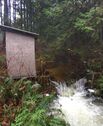
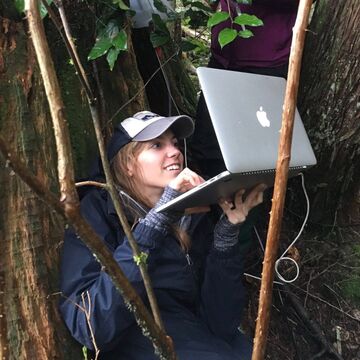
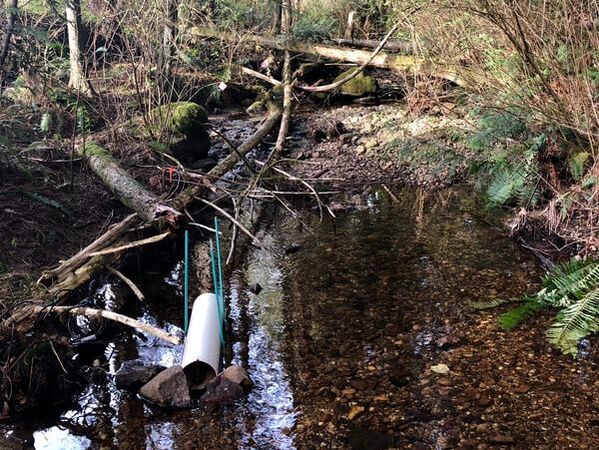
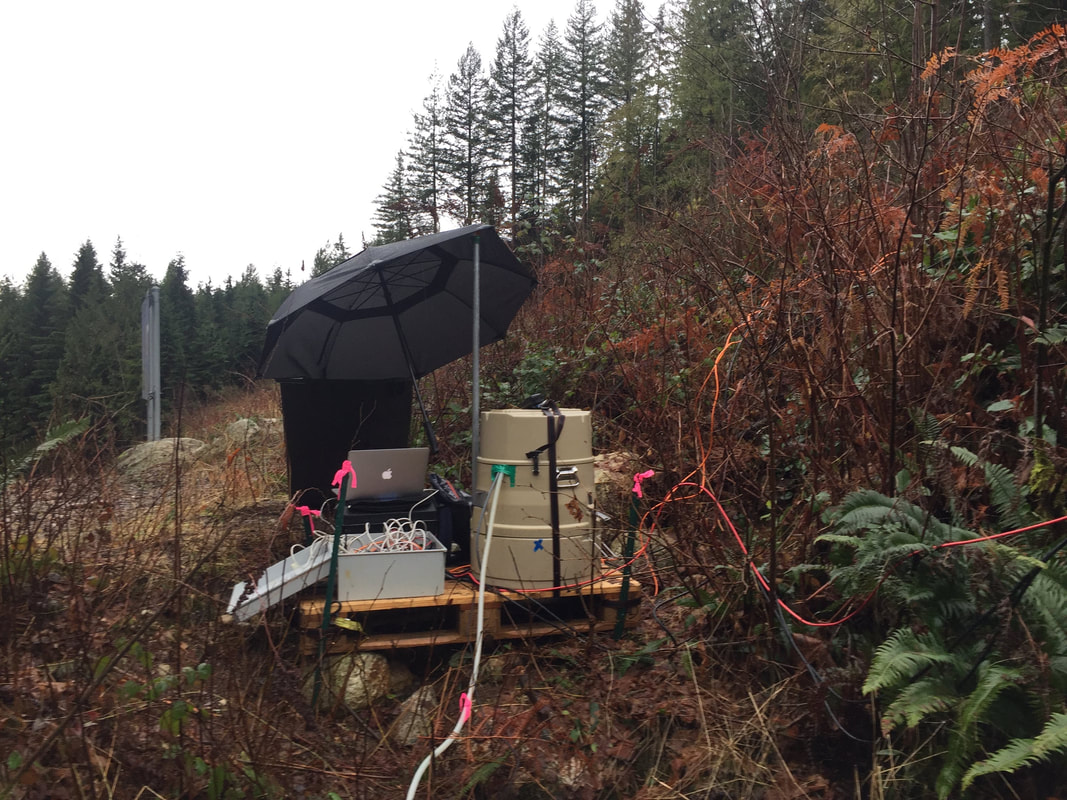
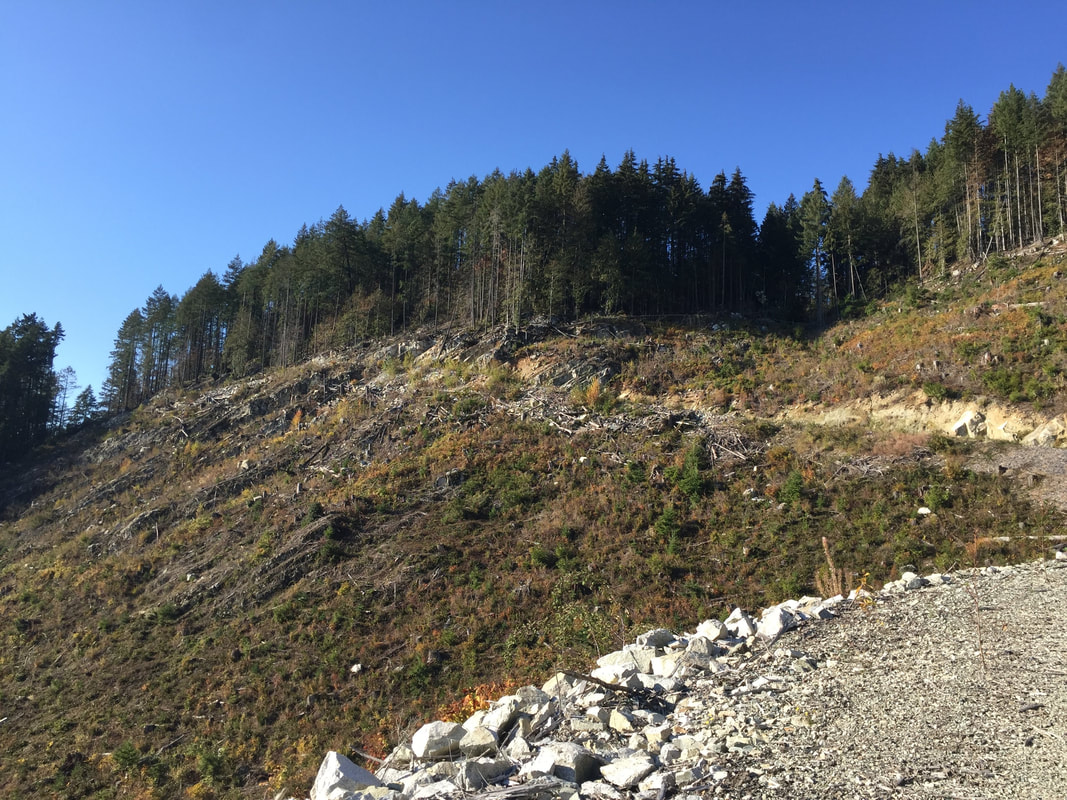
 RSS Feed
RSS Feed

